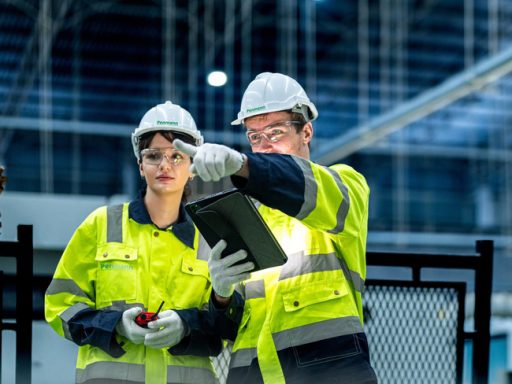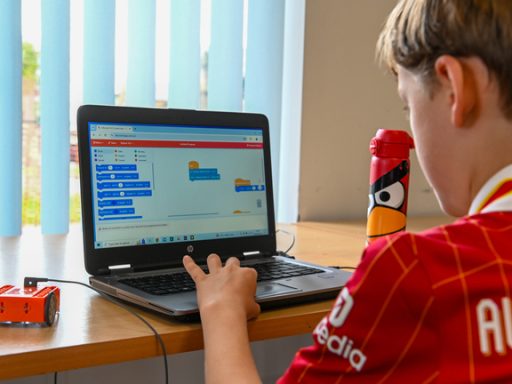As the digital world continues to evolve, Bitcoin miners are now exploring the integration of artificial intelligence (AI) and high-performance computing (HPC) into their operations. This strategic pivot offers significant revenue potential, presenting a unique arbitrage opportunity for the industry.
Historically focused on powering blockchain transactions, Bitcoin miners are recognising the alignment between their operational capabilities and the increasing demands of AI and HPC.
Antonio Velardo, a seasoned analyst and trader, commented: “This convergence is driven by the growing energy needs of AI companies, which align closely with the capabilities of Bitcoin miners. By repurposing a portion of their infrastructure to support AI/HPC, Bitcoin miners can capitalise on the booming AI market.”
Currently, Bitcoin miners trade at far lower valuations per megawatt (MW) of installed capacity compared to AI-focused data centres. This disparity creates a valuable arbitrage opportunity. While the average Bitcoin mining site is valued at around $4.5 million per MW, some AI data centres are valued at over $30 million per MW. By reallocating 20% of their capacity to AI/HPC by 2027, Bitcoin miners could tap into an estimated net present value of $37.6 billion.
Velardo highlighted Core Scientific (CORZ) as a prime example. The company recently secured a 12-year, $3.5 billion contract with AI hyperscaler CoreWeave, providing 200 MW of infrastructure.
“This deal has increased Core Scientific’s market cap by $1.6 billion, positioning it as a leader in the U.S. data centre market,” Velardo added.
“This is only the start. More Bitcoin miners are expected to follow suit, using their existing assets to meet the rising demand for AI/HPC services.”
The revenue prospects for Bitcoin miners entering the AI/HPC space are considerable. Velardo’s analysis suggests that if publicly traded Bitcoin miners shift 20% of their energy capacity towards AI/HPC, they could generate an additional $13.9 billion in annual profits over the next 13 years. This projection assumes an average revenue of $9.11 million per MW, with infrastructure conversion costs estimated at $7.5 million per MW.
“While the initial investment is significant, the long-term rewards of entering the AI/HPC market could be transformative,” Velardo continued. “AI/HPC customers often cover a large portion of these capital expenses, reducing the financial burden on Bitcoin miners and providing access to lower capital costs, thus making the arbitrage opportunity even more appealing.”
Velardo also cautioned: “Not every Bitcoin mining facility is suited for conversion to AI/HPC, particularly those lacking access to key infrastructure such as high-speed bandwidth or stable energy supplies.”
“However, for those miners who can meet these requirements, the potential to double or triple their valuations is real.”
He also noted the synergies between Bitcoin miners and energy grid operators. Miners are already key players in stabilising energy grids, and expanding into AI/HPC could further increase their value as large-scale, flexible energy consumers.
“I believe integrating AI/HPC into Bitcoin mining operations offers a groundbreaking opportunity,” Velardo said. “This strategic move not only diversifies revenue streams but also positions miners at the intersection of two fast-growing industries.
“As more miners pursue this path, I anticipate significant market shifts, with Bitcoin miners potentially doubling their market caps by 2028.”







